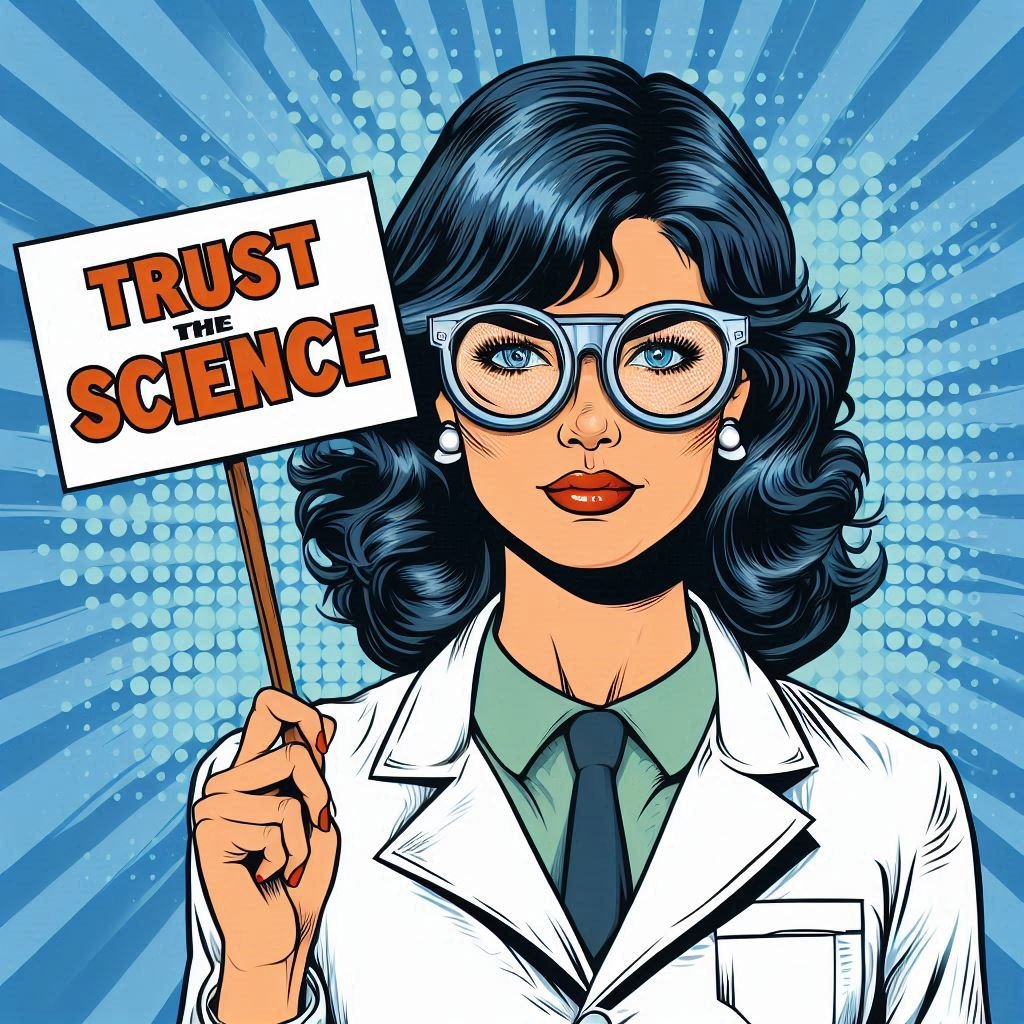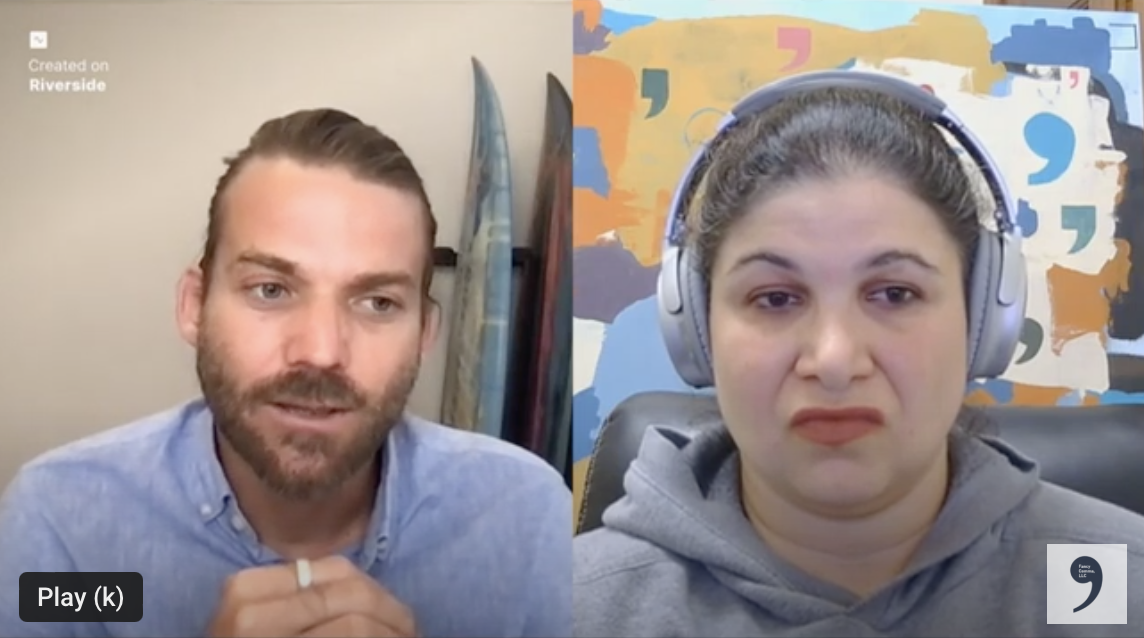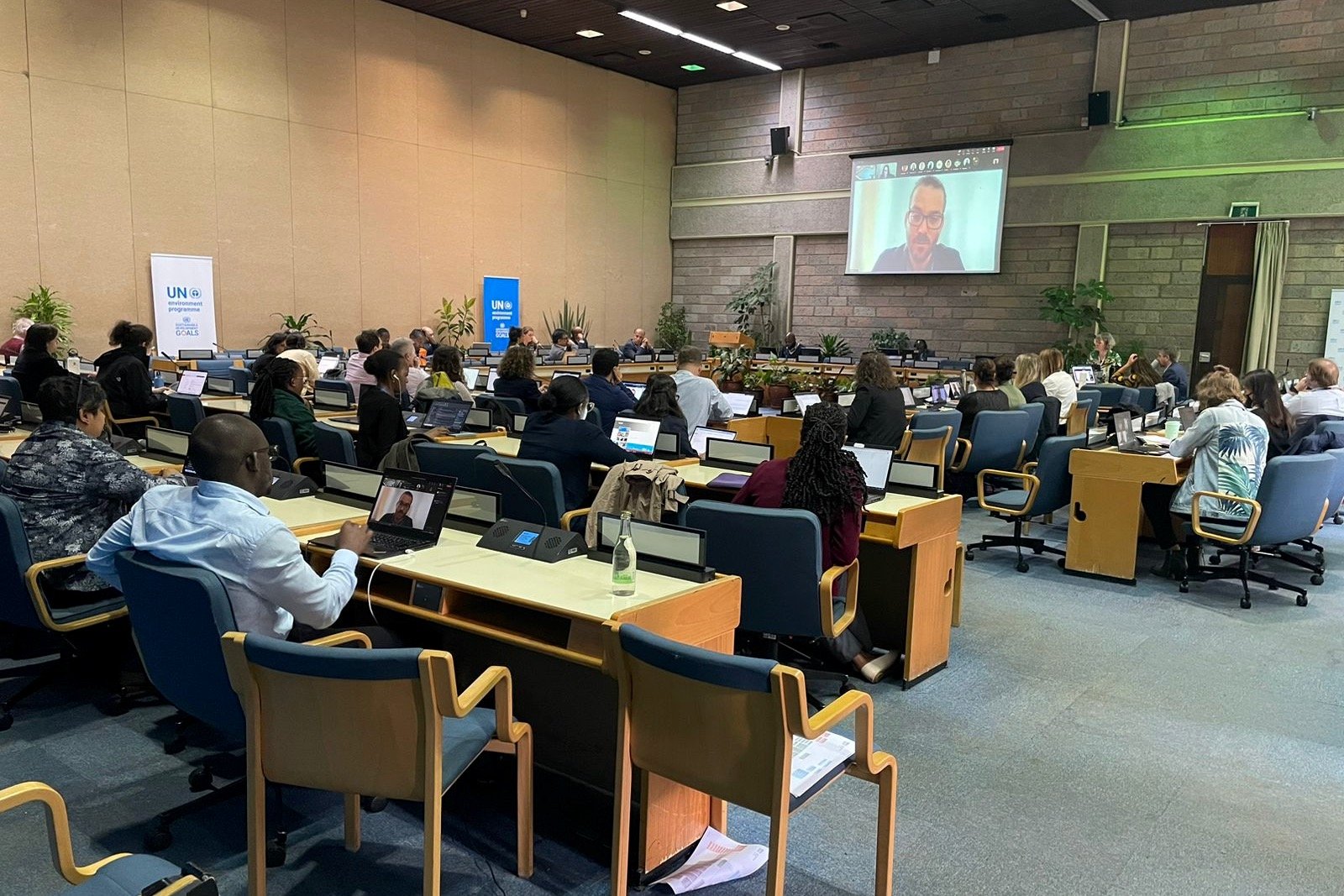Insights
Our blog posts cover science communication, artificial intelligence, consulting, and more. We share practical tips for researchers, science communicators, and consultants.

Trust in science is up, but science communication needs work
A majority of Americans say they have confidence in scientists to act in the public’s best interests, according to the latest research from the Pew Research Center. However, science communication remains a weak point. In this blog, we share tips for how researchers can improve their science communication.

A crash course in infectious diseases and epidemic response
Brendon Bosworth worked with scientists from the IDRC's Collaborative One Health Research Initiative on Epidemics (COHRIE).

Talking science communication on the Let’s Talk SciComm podcast
Brendon Bosworth speaks with the Let’s Talk SciComm team about his journey from journalism to science communication, starting a business in the pandemic, AI and more.

Talking science communication with Sheeva Azma from Fancy Comma
Brendon Bosworth speaks with Sheeva Azma from Fancy Comma about science communication and his experiences building a business as a communications specialist and science communication trainer.

Why small business owners should do the conference thing
Conferences provide opportunities for deeper connections, face-to-face connection, and co-creation.

How AI tools like ChatGPT work - in plain language
It’s easy to use AI tools like ChatGPT without much understanding of how the technology that powers them works. A recent article from the FT breaks it down in plain language.

Science communication training for the FAO
Building science communication skills at the FAO with our new short workshop model.

How to use ChatGPT for science communication
Four ways ChatGPT can be used for science communication. And one important limitation.

The Climate Dictionary: An everyday guide to climate change
UNDP’s Climate Dictionary is a welcome step in the right direction for making climate change language easier to understand.

Science communication training for UNEP
Brendon Bosworth and Tali Hoffman ran a workshop for UNEP, offering a deep dive into the fundamentals of science communication.

Climate science needs more human connection
When scientists speak about their work and its implications in a more informal way - it builds connection with a broader audience, showing people why they too should care about climate change.

When it comes to climate action - words matter
The way climate change actions are communicated is important. Small nuances in language and word choice impact how audiences respond to climate change messages.

Keep it simple: Carl Sagan’s science communication advice
Carl Sagan was a science communicator extraordinnaire who had great advice for keeping things simple.

Benefits of science communication training
4 key benefits of science communication training.

Why communication skills are important for climate change researchers
We need climate change researchers who can communicate about their work, which can often seem abstract, in a way that is accessible for the public, government, and media.

Triangle breathing to calm the nerves
Triangle breathing is a simple and quick way to ground yourself. Learn how to use it to calm the nerves before public speaking or any other anxiety-including event.

University of Saskatchewan launches science communication microcredential
Brendon Bosworth and Dr. Tali Hoffman partner with University of Saskatchewan to offer first microcredential in science communication.

What Brené Brown can teach you about effective communication
Four tips for powerful communication as demonstrated by Dr. Brené Brown.

Why knowing yourself is key for effective communication
When it comes to developing an authentic communication style, there are elements about who you are and how you engage with the world that are important to reflect on.

Celebrating one year of Communicating Science for Impact
Reflections on the first year of running Communicating Science for Impact with close to 50 researchers.
